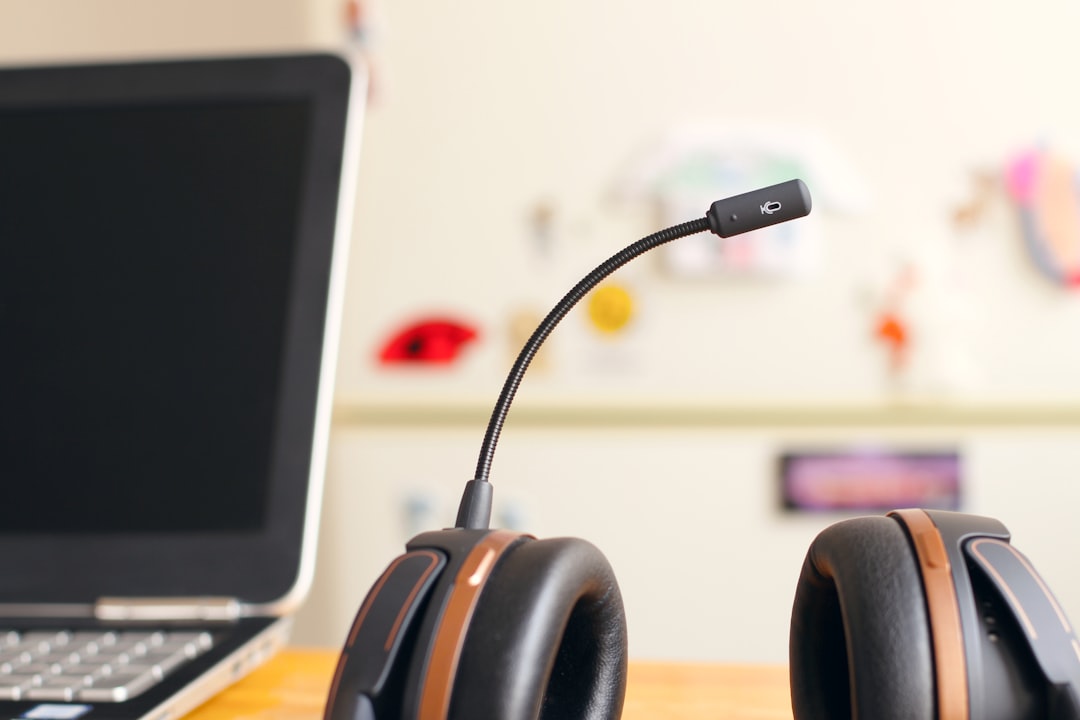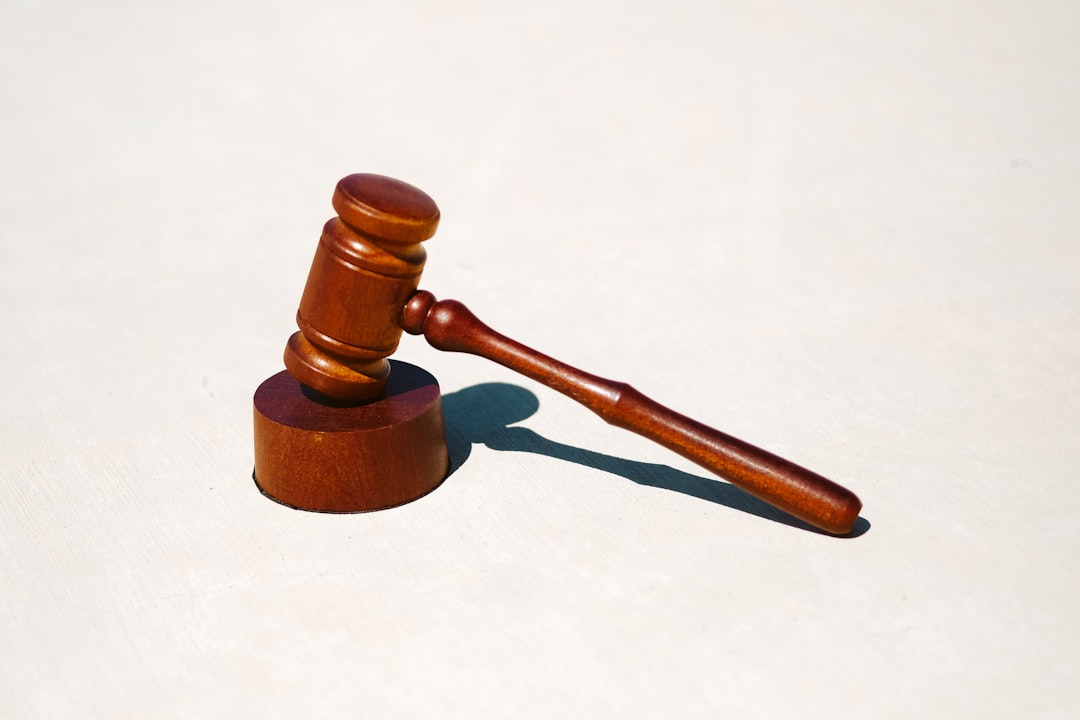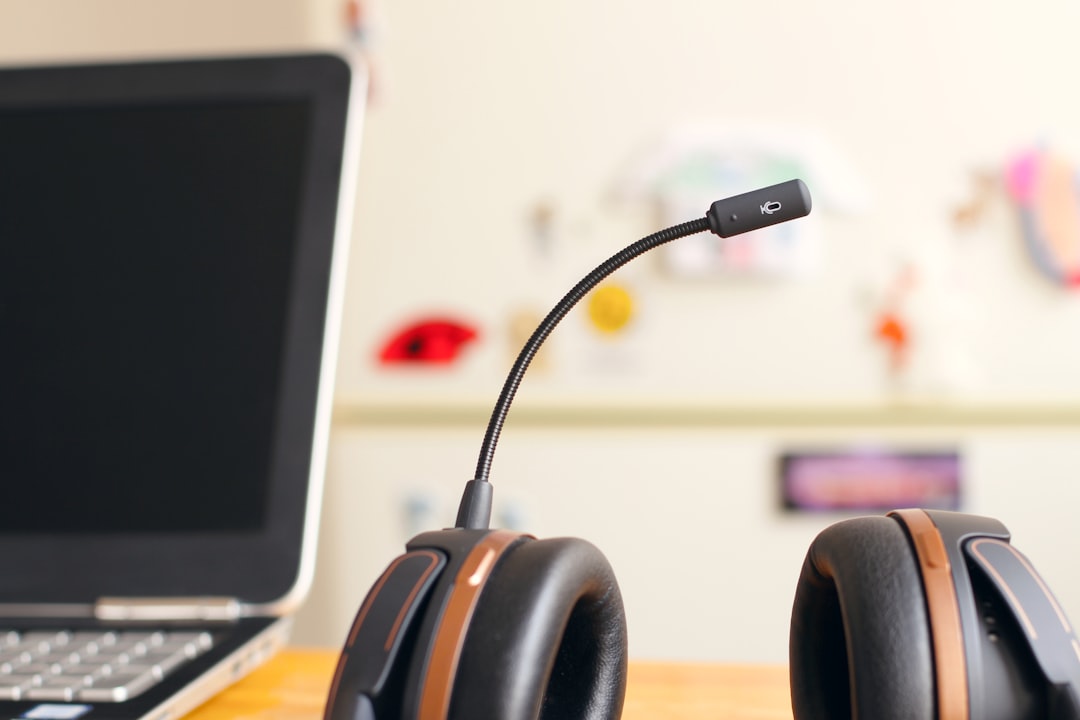Minnesota's strict robocall laws combine state and federal regulations, primarily the TCPA, to protect residents from automated sales or telemarketing calls. Using call-blocking apps with spam databases, enrolling in National Do Not Call Registry, and registering on Minnesota's Do Not Call List effectively combat unwanted calls. These measures empower locals to control communication preferences and preserve privacy under robust consumer protection laws.
In Minnesota, understanding and utilizing robocall blocking tools is becoming increasingly vital due to strict state laws targeting unwanted telemarketing calls. With the rise of automated phone systems, consumers are now equipped with powerful resources to reclaim control over their communication. This article navigates Minnesota’s robocall laws, offers strategies for identifying and blocking these calls, introduces top-rated blocking tools, and highlights consumer rights in this digital age.
Understanding Robocall Laws in Minnesota

In Minnesota, just like many other states, robocalls are regulated by state and federal laws designed to protect consumers from unwanted and fraudulent calls. The Telephone Consumer Protection Act (TCPA), a federal law, sets strict guidelines for automated telemarketing calls, including robocalls. Minnesota also has its own robocall laws that complement these federal regulations.
These laws give residents the right to block or opt-out of most robocalls, especially those considered as telemarketing or sales calls. Consumers can register their numbers on the state’s Do Not Call registry and use approved blocking tools to filter out such calls effectively. Understanding these robocall laws is essential for both consumers and businesses operating in Minnesota to ensure compliance and safeguard against potential legal issues.
Identifying and Blocking Unwanted Calls

Identifying and blocking unwanted calls is a crucial aspect of protecting yourself from robocalls under Minnesota’s strict robocall laws. These automated phone calls, often marketed for political or commercial purposes, can be a nuisance and even pose security risks. In Minnesota, where privacy regulations are stringent, residents have various tools at their disposal to combat these intrusive calls.
One effective method is to use dedicated call-blocking apps or software designed to identify and filter out robocalls. These tools learn from extensive databases of known spam numbers and can automatically block or redirect suspected robocalls. Many such applications also offer features like call screening, allowing users to manually approve or deny calls from unknown or suspicious sources. By employing these blocking mechanisms, Minnesota residents can enjoy greater peace of mind and maintain control over their communication preferences.
Top Tools for Effective Robocall Protection

In Minnesota, just like in many other states, robocalls have become a persistent nuisance. However, with the right tools, residents can effectively protect themselves from these unwanted calls. One of the top options is using dedicated call blocking apps that learn and adapt to identify and block spam calls. These apps leverage machine learning algorithms to analyze calling patterns and frequently update their databases, ensuring continuous protection against new robocallers.
Another powerful tool is enrolling in the National Do Not Call Registry, a federal list that restricts telemarketers from calling numbers listed on it. While this doesn’t stop all robocalls, it significantly reduces the volume of unwanted calls. In addition, Minnesota residents can take advantage of state-specific robocall laws, which provide additional protections and penalties for violators. Combining these measures ensures a robust defense against intrusive robocalls.
Staying Safe: Minnesota's Consumer Rights

In Minnesota, staying safe from unwanted robocalls is protected by law. The state has implemented robust consumer rights legislation to combat nuisance calls and preserve residents’ privacy. According to the Minnesota Robocall Law, businesses are prohibited from making automated telemarketing calls to consumers unless they have prior consent. This means that if you haven’t given explicit permission for your phone number to be contacted, robocalls should be significantly reduced.
Additionally, Minnesota’s law empowers residents to register their phone numbers on the state’s Do Not Call List. By doing so, you can ensure that your number is blocked from receiving marketing calls. This list works in conjunction with national do-not-call registries, enhancing protection against robocallers. These measures provide Minnesotans with a level of control over their communication preferences and help to create a quieter, safer environment for all phone users.






